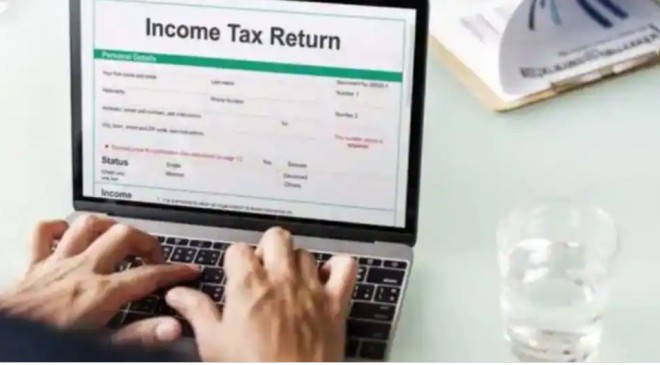If you wish to revise your return after receiving this notice, you must do so within 15 days. If no action is taken within this timeframe, the tax return will be processed with the specified adjustments.
Paying taxes is an essential responsibility for citizens. The process can sometimes become complicated due to errors, misunderstandings, or unanticipated changes in your financial situation. These issues might result in receiving income tax notices from the Income Tax Department. Here’s a detailed overview of common types of income tax notices, reasons why you might receive them, and how to handle them appropriately.
Read More :ITR Filing Deadline: Are You An NRI With Inoperative PAN? Check These Steps To Resolve Your Problem
Common types of income tax notices
Notice under Section 143(1) is one of the most frequently received income tax notices. It is issued by the Income Tax Department when there are discrepancies, errors, or incorrect claims in the income tax return that you have filed. If you wish to revise your return after receiving this notice, you must do so within 15 days. If no action is taken within this timeframe, the tax return will be processed with the specified adjustments.
The notice under Section 142(1) is issued after the return is filed, and the Income Tax Department requires further information or documents from you to complete the assessment process. It serves as a prompt for you to furnish additional documents and information.
Notice under Section 139(1) is received when your tax return doesn’t contain all the necessary information or if it includes incorrect information. If such a notice is issued, the defect in the return should be rectified within 15 days.
The notice under Section 143(2) is issued when the tax officer is not satisfied with the documents or information that you have submitted. As a taxpayer, you are expected to provide additional information for further scrutiny.
Notice under Section 156, or Demand Notice, is issued by the Income Tax Department when any tax, interest, fine, or any other sum is owed by you. The notice will clearly mention the amount due.
Read More : Income Tax Return Refund, E-verification, Tax Payment, Revised Return
Notice Under Section 245 is issued when the officer believes you owe unpaid taxes from previous years and wants to offset your current year’s refund against that demand. However, an adjustment can only be made after providing you with a proper notice and an opportunity to respond within 30 days.
Lastly, Notice Under Section 148 may be issued by the officer if they suspect that you have not accurately disclosed your income or haven’t filed your return at all, even if required by law. Under these circumstances, the assessing officer has the right to reassess the income.
Checklist for responding to income tax notices
Also Read– Top 10 Personal Tax changes expected in Budget 2023
It’s crucial to respond appropriately to these notices. Firstly, reply within 30 days upon receipt of the notice under Section 143(1). Verify the personal information like name, address, and PAN number mentioned in the notice. Cross-check the assessment year and the e-filing acknowledgment number. File revised returns within 15 days if any mistake has been made in the original ITR filing.
File a rectification return if any fault or error is detected in the order sent by the Income Tax Department. Understand the reason for the notice and the discrepancy between the income declared in your returns and Form 16/16A/ 26AS. Respond within 30 days to a demand notice under Section 156 to avoid interest and penalties.
Also Read- Budget 2023: Economic Survey Indicates Slowdown In GDP Growth
Common reasons for receiving an income tax notice
Even if you have paid your taxes and filed returns diligently, there might be instances when you receive a notice from the Income Tax Department. Some common reasons include inaccurate information on assets or income, discrepancies between actual and declared income, unexpected changes in investment amounts, transactions or income, TDS inconsistencies, a need for review and evaluation, delayed filing of income tax return, payment of refunds against any outstanding debts and taxes owed by you, and suspected tax evasion in prior years.





































